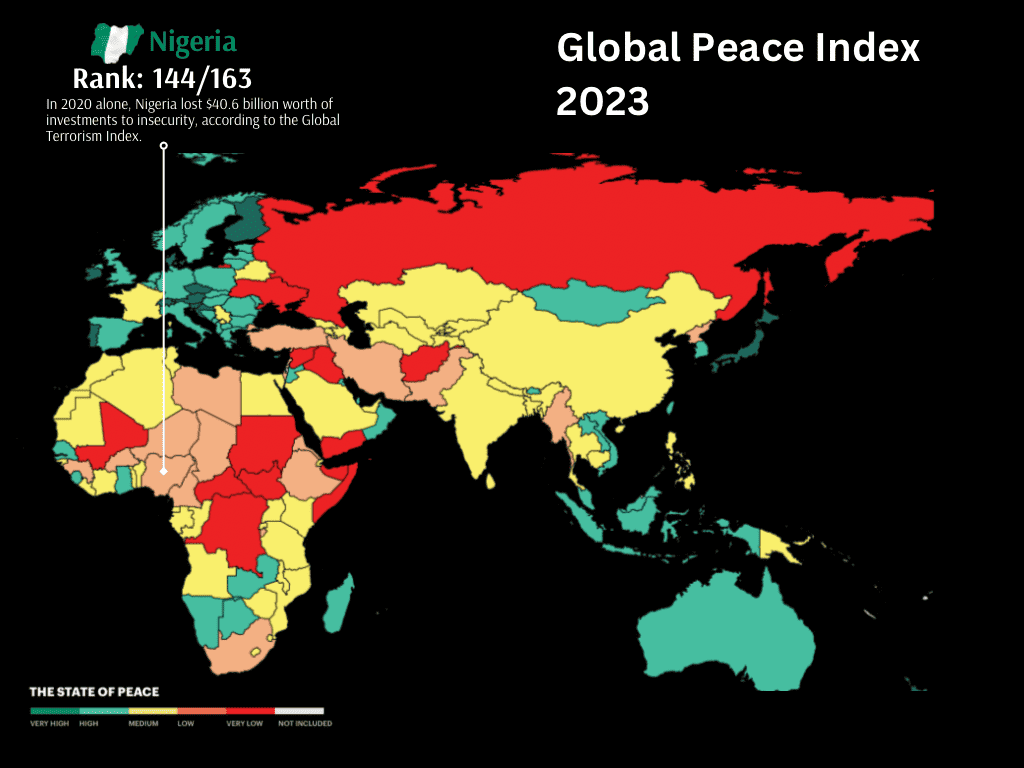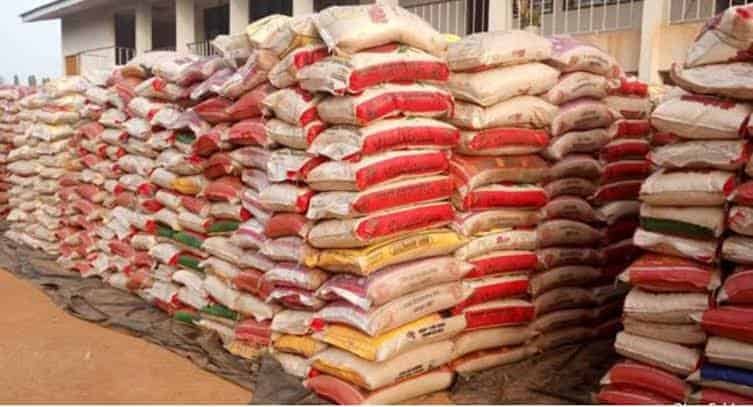Subscribe to our newsletter!
As fuel prices and inflation continue to skyrocket in Nigeria after the fuel subsidy removal, the president has decided to roll out palliatives to the people.
An honest look into how the situation has turned out would reveal that the current situation is a reflection of the government’s past failure to create an enabling environment for business and investment.
One of such policies was the government’s decision to close the country’s land borders in 2019. According to the authorities, the closure was necessary to encourage local food production. But at the time, the officials were obviously oblivious to the potential effects of such measure.
The closure, significantly impacted trade, quadrupled the food price inflation at the time, a situation the country never recovered from. Though the government argued the closure was effective in reducing the flow of illicit goods into the country, it refused to take responsibility for the skyrocketed inflation at the time.
The perverted result of border closure proved the government, in most cases, do not consider the long-term effects of its policies. And the same thing is about to happen. If the government is anywhere close to being sincere about reducing the burden of the people, it should start by making them safe and respecting their fundamental human rights.
Security
Protection of lives and property is the primary role of the government. Unfortunately, the Nigerian government has performed woefully in this sector.
Nigeria is positioned 144 of 163 countries in the global peace index, a clear indication of the government’s failure in handling the security situations within the country. Local people are forced to pay taxes to bandits to live, armed men appropriate farm lands and enslave farm owners to work on it; all proceeds syphoned into terrorism financing. This no doubt contributed significantly to the rise of foodstuffs.

Subscribe to our newsletter!
In 2020 alone, Nigeria lost $40.6 billion worth of investments to insecurity, according to the Global Terrorism Index. The security situation got out of hand in 2021 when developed nations like the United States started warning their citizens to reconsider visiting Nigeria due to security concerns.
So as insecurity and its effects still linger, is it right to blame the rising inflation solely on the removal of fuel subsidies? The reality is that insecurity does not only cut short the country’s food production, it also deters hope of investment and as such slows, if not completely halt, economic progress.
Rule of Law
The foundational essence of the rule of law is the belief that everyone, regardless of status, is equal under the legal framework. It’s not just a principle; it’s a bedrock upon which societies thrive. For Nigeria, the rule of law is not just a matter of justice but also economic growth.
Data suggests nations with a strong adherence to the rule of law experience higher levels of foreign direct investment. A study by the International & Comparative Law Quarterly revealed that “strong courts and adherence to the rule of law contribute to political stability, a concern for foreign investors.”
The World Justice Project’s Rule of Law Index 2021 paints a similar picture, ranking Nigeria 121 out of 139 countries on rule of law. It also placed the country 26th out of 33 in the Sub-Saharan Africa region.
While developing nations are encouraged to perform excellently in this aspect, Nigeria seems not to pay attention.
According to the World Justice Project’s report, countries that score high enjoy more robust economies, better health, and even higher levels of education. Nigeria’s subpar performance in categories like property rights, judicial effectiveness, and governmental integrity is not merely an issue of legality but also economic prosperity. Businesses and investors, both local and international, seek environments where contracts are predictable, disputes are resolved fairly, and property rights are respected.
The government needs to get its priorities right. Instead of syphoning funds into palliative schemes that only provide short relief, the officials should channel the same energy to provide security of lives and properties to make food products available and affordable to people. At the same time, respect the rule of law to pool investors into the country.














